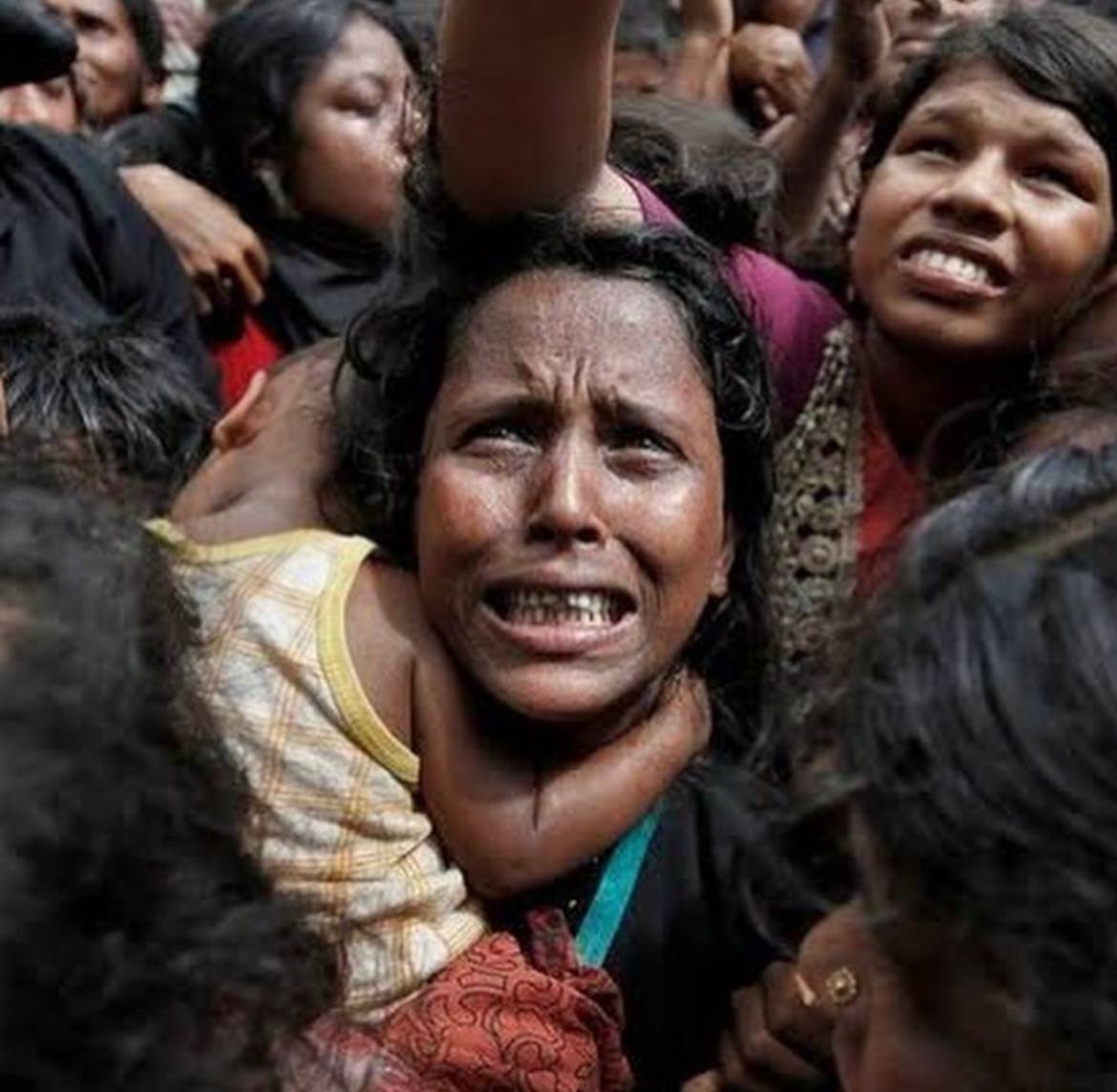Urgent Action Needed: 5 Ways You Can Help Rohingya Refugees in Bangladesh

The Rohingya refugee crisis has its roots in the historical persecution and discrimination against the Rohingya Muslim minority in Myanmar, which dates back to the country's independence from Britain in 1948. The Rohingya people, who are ethnically and linguistically distinct from the majority Burmese population, have been subjected to a range of human rights violations and discrimination, including denial of citizenship, restrictions on movement, marriage, and education, and violent attacks by the military and Buddhist nationalists.

In 1982, a new citizenship law in Myanmar stripped the Rohingya of their citizenship, rendering them stateless and effectively excluding them from political participation and access to basic rights such as healthcare, education, and employment. The situation worsened in 2012 when communal violence between Rohingya Muslims and Rakhine Buddhists erupted in Rakhine State, resulting in the displacement of tens of thousands of Rohingya and the imposition of severe restrictions on their movement and access to services.

Since then, the situation for the Rohingya has only deteriorated, with reports of mass killings, rapes, and other atrocities by the Myanmar military and Buddhist nationalists, leading to the displacement of over a million Rohingya people. The majority of these refugees have fled to neighboring Bangladesh, where they face challenges such as overcrowding, lack of basic services, and the threat of forced repatriation to Myanmar.

The international community has condemned the violence and human rights abuses against the Rohingya, and efforts are ongoing to address the crisis, including providing humanitarian assistance to refugees and advocating for their rights and protection. However, the situation remains complex and challenging, with many obstacles to achieving a durable solution for the Rohingya people.

Here are 5 ways you can contribute to help the Rohingya refugee crisis:
- Donate to organizations working on the ground: There are many organizations working to provide aid and support to Rohingya refugees in Bangladesh, such as UNHCR, Doctors Without Borders, and the International Rescue Committee. Donating to these organizations can help provide much-needed resources to those in need.
- Raise awareness: Many people around the world may not be aware of the Rohingya refugee crisis and the scale of the problem. Sharing information on social media or talking to friends and family can help raise awareness and encourage more people to take action.
- Volunteer your time and skills: If you have specific skills or experience that could be useful to organizations working with Rohingya refugees, consider volunteering your time. This could involve anything from providing medical care to teaching English to children in the camps.
- Advocate for policy changes: Pressure on governments and other international organizations can help bring about changes that benefit the Rohingya refugees. Writing letters to government officials, signing petitions, or participating in protests can all help raise awareness and put pressure on decision-makers to take action.
- Support local businesses and initiatives: Supporting local businesses and initiatives in Bangladesh can help provide long-term solutions to the Rohingya refugee crisis. For example, buying goods from businesses that employ Rohingya refugees can help create jobs and economic opportunities, which can be crucial for long-term sustainability.









